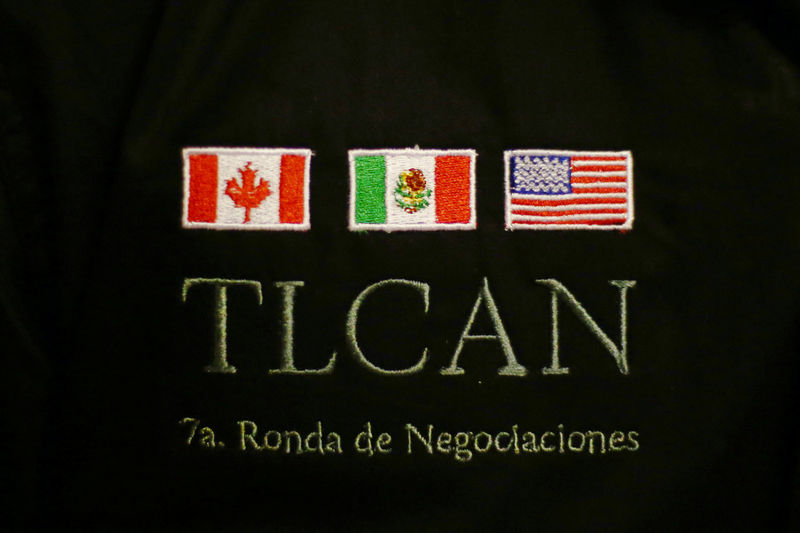By Anthony Esposito and David Ljunggren
WASHINGTON, May 9 (Reuters) - Top-level talks to update the North American Free Trade Agreement made little headway on Wednesday as the United States and Mexico sought to settle differences over the key issue of automobiles, three well-placed sources said.
With time fast running out to reach a deal, the two NAFTA members are discussing a U.S. demand that a certain percentage of auto production happen in higher-wage areas of the region, a clear jab at lower-cost Mexico, said the sources, who requested anonymity given the sensitivity of the situation.
The two nations are also discussing a U.S. demand to boost the North American content of vehicles.
"Until that is settled one way or another, there is not much chance of broad progress," said one of the sources.
The future of the North American auto industry in a renewed NAFTA is one of the toughest issues facing U.S. Trade Representative Robert Lighthizer, Canadian Foreign Minister Chrystia Freeland and Mexican Economy Minister Ildefonso Guajardo.
Freeland met Lighthizer on Wednesday and deflected questions about the slow pace of the talks, saying Canada would take the time needed to get a good deal.
"We've been having productive conversations this week," she told reporters.
Lighthizer says there are only weeks left to reach an agreement before negotiators start running into political challenges caused by a Mexican presidential election on July 1 and mid-term elections in the United States in November.
"We are still engaged. We are trying to really make sure we can ensure progress," Guajardo told reporters.
The three ministers, who together are in charge of the talks, have not all met together since convening in Washington on Monday and officials said they were not aware of any scheduled trilateral gatherings this week.
"We are meeting as we need to meet," said Freeland.
Mexico has launched a counterproposal to U.S. demands to toughen automotive industry content rules and boost wages. L1N1SF0XQ
U.S. President Donald Trump, who blames NAFTA for job losses in the manufacturing sector, has frequently threatened to walk away from the 1994 pact unless major changes are made.
Many other major issues crucial to a deal are still unresolved, including U.S. demands for a five-year sunset clause, and elimination of settlement panels for trade disputes.
The chapter on intellectual property, seen by some as less-problematic, is also far from resolved.
A biopharmaceuticals official said that the sector was pressing Lighthizer to insist on the 12-year period of patent and data exclusivity enshrined in U.S. law, while Canada was pushing for eight years.
